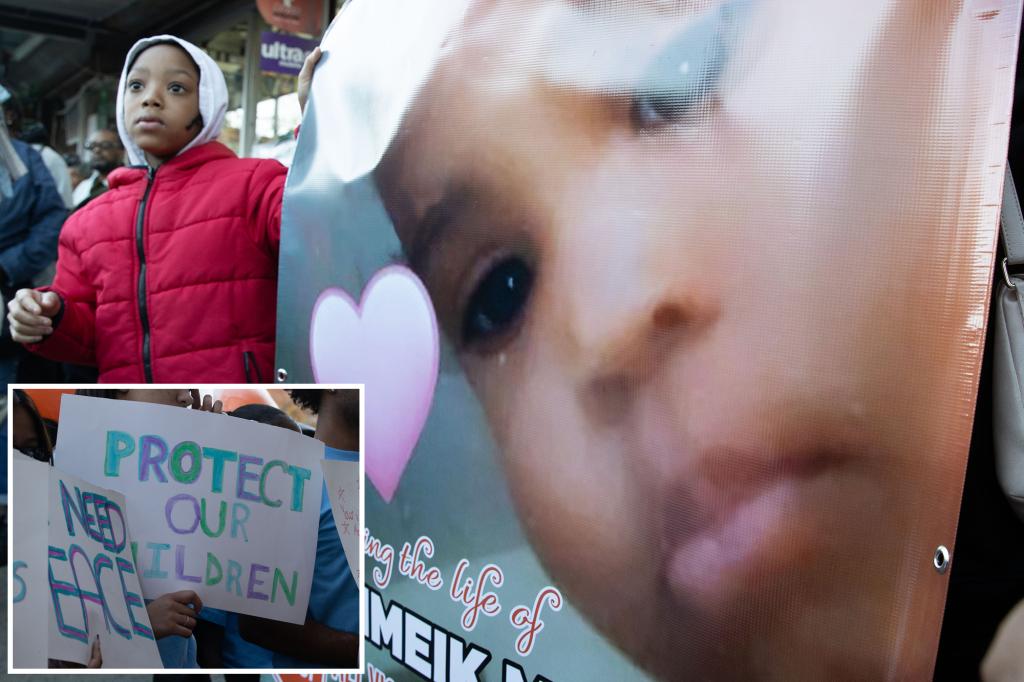In October 2023, New York City experienced a tragedy when 4-year-old Jahmeik Modlin was found malnourished and suffering from hypothermia in his family’s Harlem apartment, only to die shortly after. His death marked a distressing continuation of a pattern where children under the watch of the Administration for Children’s Services (ACS) are found to be at risk, despite previous investigations into their guardians. An anonymous child protective worker within the ACS has spoken out about how the agency’s updated approach to handling cases, specifically the implementation of the Collaborative Assessment, Response, Engagement & Support (CARES) program, compromises child safety in a bid to address perceived racial disparities in child welfare investigations.
Upon joining the ACS, the child protective specialist recounts a grim reality, facing a daunting caseload that exceeds 20 children at any given time. The conditions under which these children live range from neglect to severe abuse—a reality further illuminated by the heartbreaking cases of children like Jahmeik, who tragically passed away due to malnutrition and neglect. The specialist expresses dismay that, in the wake of such tragedies, the ACS pursues a strategy that prioritizes a non-investigative approach over traditional child welfare investigations, resulting in potentially dangerous situations being overlooked or inadequately addressed. ACS leadership, led by Commissioner Jess Dannhauser, aims to reduce the number of investigations purportedly to protect minority families from systemic bias, but this approach inherently risks the safety and well-being of vulnerable children.
The CARES program is intended for families facing “low safety and low risk,” yet the definition of “low risk” without a proper investigation is fundamentally flawed and potentially dangerous. Decisions on whether a case qualifies as low-risk are now determined by desk personnel based on written reports, leaving vital assessments of child safety in the hands of inadequately informed individuals. The child protective specialist describes how care workers are now expected to engage with families without the robust investigative framework that used to be standard. They are mandated only to deliver referrals and resources, lacking authority or effective methods to enforce meaningful change in potentially abusive households. This situation has become untenable, leaving many children at risk, particularly in families plagued by substance abuse.
Cases of severe neglect and abuse demonstrate the systemic failure of the current protocol. Examples such as that of De’Neil Timberlake, brought to a hospital by a father with a history of substance abuse, highlight the risks of placing children in homes where caretakers may be actively using drugs. The abandonment of rigorous investigative practices has led to tragic outcomes—not only in the case of De’Neil but also in broader systemic failings that seemingly ignore hard evidence of harm. Courts too have shown a reluctance to remove children from dangerous situations, as seen in the case of baby Ella Vitalis, who was returned to parents despite clear evidence of abuse, resulting in her eventual death.
There is a sense that the tools and methods employed by ACS have become inadequate in addressing the serious needs of families struggling with issues like drug addiction or mental illness. The reliance on symbolic interventions like “mood meters” and “worry worms” distracts from the urgent need for thorough investigations. Victims of abuse and their advocates plead for restoration of investigatory responses when informed their cases will be diverted to CARES. The recidivism rates highlight that families do not improve under the current model; children repeatedly fail to find safe and stable homes, leading to further tragic outcomes like that of 10-year-old Brian Santiago, who died from severe neglect.
This seemingly naïve approach of hoping for improvement in families with histories of abuse—referred to as the “hope and prayer” method—stands in stark contrast to evidence-based child welfare practices that have been demonstrated to produce tangible results. The comparison to initiatives like Operation We Will Find You, which successfully rescued a significant number of missing children, highlights the capacity for effective change when solid investigative processes are prioritized. The specialist argues that ACS should return to a model rooted in solid evidence and directly address issues of child safety and well-being rather than allow sociopolitical ideologies to cloud judgements.
Despite ACS’s claims of thorough training and equitable treatment of families across racial lines, concerns surrounding child protection remain deeply embedded in systemic flaws. The agency reports thousands of maltreatment reports weekly, with a substantial number diverted to CARES without thorough investigation. For the sake of vulnerable children in New York City, the imperative is clear: ACS must abandon its comfort-seeking methods in favor of revitalized, evidence-driven protocols to ensure that children like Jahmeik Modlin, Ella Vitalis, Brian Santiago, and De’Neil Timberlake don’t suffer further from a flawed welfare system. The stakes are disturbingly high; our children truly deserve better protection from the very system established to care for them.



